UTAH SCHOOL TO WORK INTERAGENCY TRANSITION INITIATIVE
OUR GOALS
Confirm and engage the Utah School to Work Interagency Council. Reconvene this council and define roles, responsibilities and solidify commitments. Develop a unified action plan with established benchmarks, as well as a plan for ongoing monitoring and evaluation. Identify innovative networking strategies to improve on already identified barriers in effective and efficient communication statewide. Strengthen existing partnerships and foster new partnerships to support employment outcomes.
Develop an outcome measurement system that is shared across state agencies and stakeholders to measure employment success for consistent systems improvement.
Increase ongoing delivery of career planning, development, employment and support services that begin early in high school that lead to individualized long-term employment and seamless supports. Develop 10 total, two (2) per year school to work project sites which provide an empirical demonstration of effectiveness for career planning and community based, situation assessments that lead to obtaining and retaining successful competitive integrated employment. Provide technical assistance on all stages of customized employment development to demonstration sites. Determine scale-up components and provide technical assistance, including evaluation methods.
Build capacity of service providers to align their mission, services, and resources to promote and provide competitive employment for youth and young adults with ID/DD. Use identified service providers and nationally recognized subject matter experts to develop two (2) replicable model service provider projects per year (a total of 10) in tandem with school to work sites that provide practical demonstration of effectiveness for career planning, community based assessments, job development and support that leads to obtaining and retaining successful competitive integrated employment.
Increase expectations and demand for competitive, integrated employment opportunities for youth with ID/DD. Develop an action plan for local councils to implement to increase expectations and demand for competitive, integrated employment opportunities and services. Identify and offer training, resources and technical assistance that teach individuals with disabilities and their families to clearly communicate the demand for competitive integrated employment services and support as well as advocate for appropriate funding and policy changes. Coordinate with Utah Business Relations team and develop outreach efforts to local employers and develop local active employer councils to leverage opportunities for youth and young adults with ID/DD.
Align policies, practices, and funding with employment expectations. Provide a project manager who will contribute 100% of his/her time and effort to the development and implementation of project activities. Specific responsibilities include facilitation, planning and execution of all project activities, contract development and monitoring, meeting facilitation, curriculum development and training delivery, research and development activities, information exchange activities, communication facilitation, model project monitoring, technical assistance to stakeholders, assist with plan development. Conducting evaluation and progress reporting project reporting, coordinating with external evaluators and ACL evaluators.
CURRENT WORK
Utah School to Work Project is currently in the process of developing of a toolkit that can act as a how-to guide for local educational agency (LEA) across Utah to develop local teams or coalitions that are modeled after the 9 existing School to Work Project demonstration site teams. The toolkit will include information such as:
- Identifying a team lead
- Inviting and involvement of community partners (educators, VR, Workforce Services, employment provider, support coordinators).
- Roles of each partner
- Identifying students and talking with families
- Selecting employment providers
The toolkit will emphasis the value of holding regular team meetings to coordinate services to produce employment outcomes for transition age youth with disabilities through a customized approach to competitive employment in the community, prior to the exit of school.
CONTACT
Tricia Jones-Parkin
tricia.jones@usu.edu
(435) 797-4276
Kelie Hess
kelie.hess@usu.edu
(801) 645-5863

